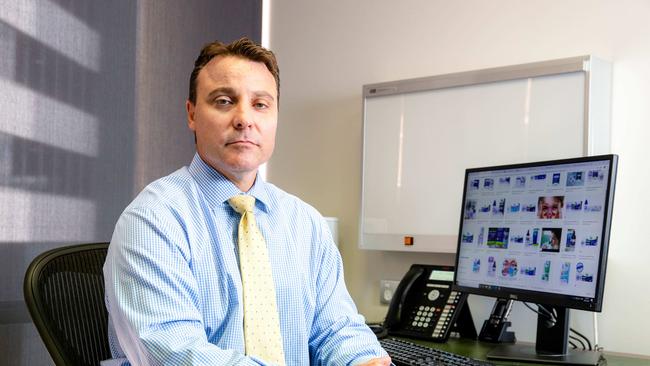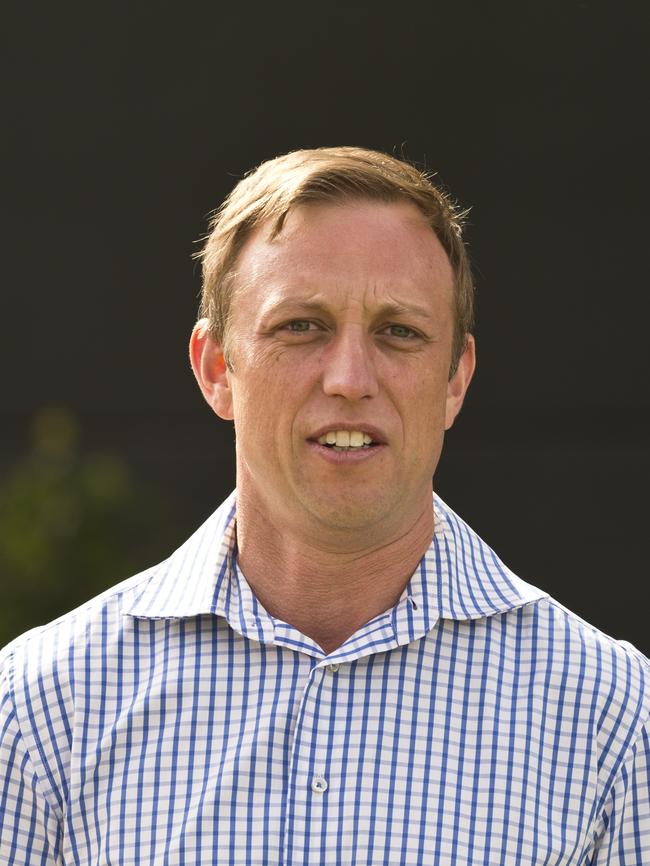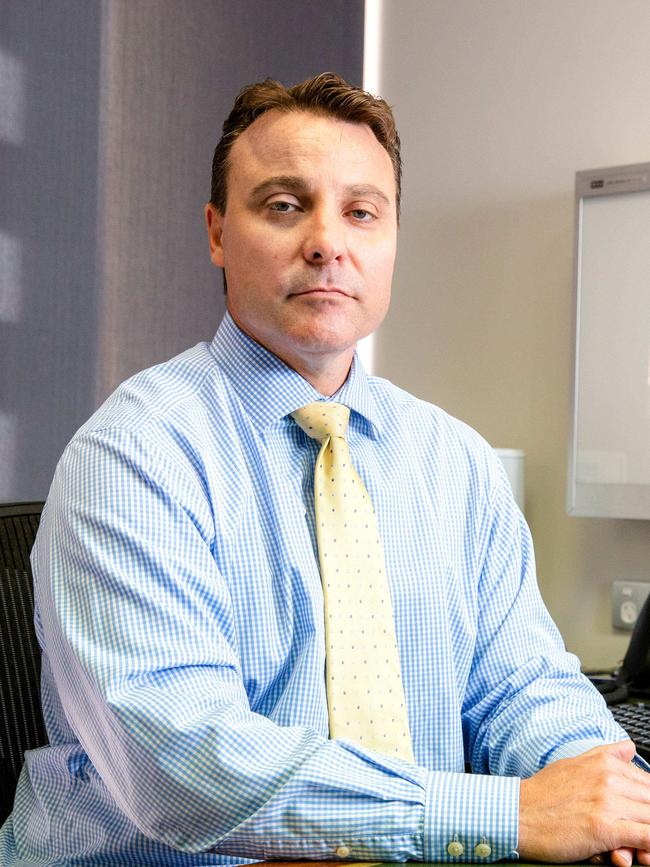AMA says doctors are standing down staff over elective surgery ban
As the private hospital sector negotiates the fine points of COVID-19 agreements, the nation’s peak medical association has a strong warning about the ban on elective surgery.

North
Don't miss out on the headlines from North. Followed categories will be added to My News.
The Australian Medical Association has called on the Federal Governmemnt to lift its ban on elective surgery as the Queensland Government enters the final stages of negotiations with the private hospital sector over COVID-19 agreements.
AMA Vice President Chris Zappala said once the agreements were signed it was time to get ‘doctors back to work’
Get 28 days digital access free (T&Cs apply)
Queensland Minister for Health and Ambulance Services Steven Miles said Queensland Health was currently updating the National Partnership Agreement with the Commonwealth relating to the response to COVID-19 which included new funding arrangements to support Private Hospital providers “as they join forces with Queensland’s Hospital Health Services”.
“The agreement is progressing and a deal that is satisfactory to all parties including private health staff is being worked out,” Mr Miles said.
The agreements are part of the $1.3 billion Federal Government COVID-19 package that will see private hospitals support the pandemic response through activities like providing care for public patients, carrying out category 1 elective surgery, and providing wards and theatres to expand ICU capacity.

But Dr Zappala said doctors were not paid by the private hospitals and further negotiations were necessary to secure arrangements to support doctors working in the private sector.
“These deals (new funding arrangements) are great for nurses, cleaners, administration and anyone paid by the private hospital payroll system .. they are assured a job and the institution they work for will break even,” Dr Zappala said.
“But there are doctors, right now, who are doing no work .. that is the challenge now.”
Dr Zappala said making the private hospitals “viable” was the first step and the funding agreements between the State Government and private sector would do that.
“The next step is how we support private doctors, who have potentially lost all, so they can do some work … because it is the case that many have closed their doors and they are waiting for the restrictions to be lifted.”

Dr Zappala said the Federal Government enforced restrictions on elective surgeries, other than Category 1 and some Category 2 had impacted many colleagues.
“Many private doctors largely only do elective work and that is banned at the moment and everyone knows why we had to do that (in order to be prepared for COVID-19) but now that it looks like we are flattening and there is enormous capacity in public hospitals with spare beds everywhere, it makes sense to release the screws on the private sector.”
Dr Zappala said it was essential to keep the private sector in a “state of readiness” if the COVID-19 pictured changed but “we are doing very well” and it was time to get “doctors back to work”.
“The pain for my colleagues is high. There are many practices who have stood down their staff, reduced their staffing levels and are struggling to pay their fixed costs,” Dr Zappala said. “Doctors are standing their staff down with great regret.”
He said if the current situation continued “and the degree of paralysis in the private system went on for another month then we would start to see permanent repercussions on the viability of practices and the long term future employment of individuals”.
“There is no longer the need for the private sector to be idyll.”
“Everyone wants to go back to practice.”
He said he was confident the State and Federal Governments were aware of the need for doctors to get back to “more routine work”.
MORE NEWS
COVID-19: Why next seven days is a game changer
Domestic violence help: Premier announces $5.5m to help victims
Once homeless now heading up a million dollar company

Dr Zappala said the State Government had moved quickly to finalise the contracts for the private hospital sector.
“To have negotiated this agreement from thought to signed in less than two weeks is amazing,” Dr Zappala said.
“I realise there is a lot of stress around and private hospitals may be losing money at this stage, I don’t know if this is the case or not, but they are going to be topped up to a break even position for the next several months (via this deal).”
Dr Zappala said the deal gave security to a vast number of people in the private sector including the institutions.
“No matter what happens this is a very, very fortunate deal and it will give significant job security for everyone except the doctors,” he said.


